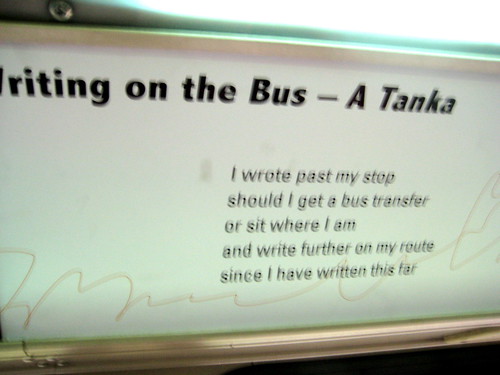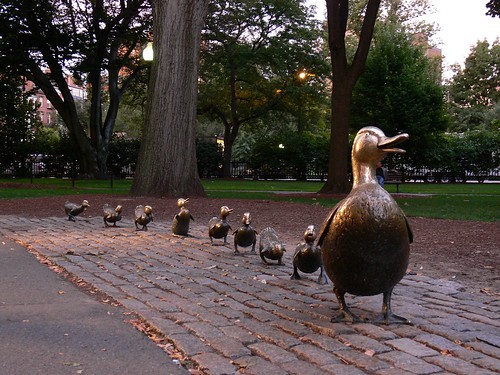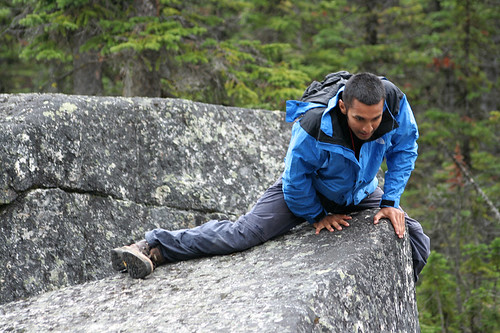Can you write under any conditions?
Or are you like me, fettered by rules you don’t consciously understand? (I started writing this on a bus, which is Okay, but rather messy. NZ bus drivers…)
Writing at the Dreaded Day Job is, for some reason, Not Okay. It’s not the DDJ that has the problem, I hasten to add – although I’m sure it would if I was writing ‘on the clock’ – but me.
It just doesn’t feel right.
Perhaps it’s a dread of curiosity – a co-worker is bound to ask what I’m doing (leaping from branch to branch of a young oak tree, if you must know), and then the questions follow on.
It’s not that I’m ashamed or embarrassed of my writing, it’s just that it’s usually too soon to share it.
And it’s always too soon to share the dream of ditching the DDJ in favour of writing full-time. Pretty near top of the list of Awkward Conversations To Have With Co-Workers is discussing the steps you are taking to be able to shake the dust of your 40 hours a week with them from your feet.
Talking about wanting to shake the dust is one thing, especially when people are digging out their contribution to the weekly lottery pool. (I don’t.) But to reveal that you are actually taking steps, however small, is Not Done.
The Done Thing is to endure (while grumbling) as long as possible, and then present them with a fait accompli – preferably a new job which can be seen as a step down in either pay or status, so your co-workers can feel faintly smug about sticking it out a bit longer.
But I digress.
To return to the subject originally raised, some conditions assist with writing, and some don’t.
I don’t think I’m a particularly finicky writer – as previously mentioned, I can write on the bus (although whether I can subsequently read what I wrote is less certain). As long as the brain-batteries haven’t gone flat, I can puddle along. But not at the DDJ.
Some famous writers have worked under unhelpful conditions – or even sought them out.
Harriet Beecher Stowe wrote Uncle Tom’s Cabin while raising seven children and sheltering fugitive slaves on the Underground Railroad.
J. K. Rowling wrote the first draft of The Philosopher’s Stone in cafés – according to rumour, because she was too poor to heat her flat; according to her, because taking the baby for a walk was the best way to get her to fall asleep.
A number of writers have turned to alcohol or other drugs to help them along. A number have also died before their time. Take my advice: save the booze for the launch party.
Some write in bed, others in the bath – which didn’t work out too well for Jean-Paul Marat:

Some write lying down, others standing up. Some will only write with a pencil, others insist on a fountain pen. (Some still use typewriters.) Some compose directly on the computer.
Myself, I find I write faster on the keys, but I think better when I write by hand – it gives my mind time to see what happens next.
What about you?
Are there places you like to write? Are there places you can’t write? And how?









